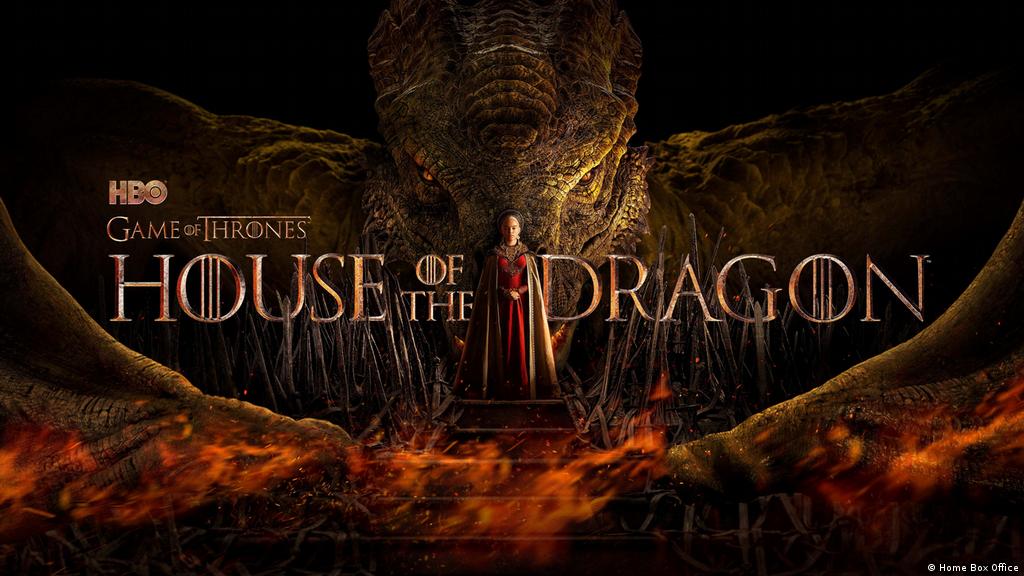Since the show’s debut in August, one creative choice has hung over House of the Dragon: a 10-year time leap in the middle of the first season, which would see new actors take on the primary roles of Rhaenyra Targaryen and Alicent Hightower. Rhaenyra and Alicent are the only two primary characters to change actors after the time leap, with a few exceptions, including as the offspring of Lord Corlys Velaryon (Steve Toussaint) and Rhaenys Targaryen (Eve Best), who are each represented by three sets of actors during the season. Due to this, the midseason jump ahead has seemed exceptionally substantial; yet, House of the Dragon generally downplays this development.
Epic scale of House of the Dragon
This conforms to long-standing customs. Only discreetly has the programme hinted at the epic scale of House of the Dragon. House of the Dragon never explicitly acknowledges the timeline again after indicating in the first episode that it begins “172 years before” Daenerys Targaryen’s birth. Characters mark the passage of time by stating the number of months or years that have passed, frequently for the benefit of the viewer, although like in Mad Men, time leaps in this programme have been regular and commonplace. The time elapsed between each episode is just the amount of time it takes for something else fascinating to occur, whether it takes four days or four years.
Encounter of Rhaenyra
Being introduced to the new iterations of Rhaenyra and Alicent in House of the Dragon under such unremarkable circumstances is a tad underwhelming, even if it is consistent. First, we encounter Rhaenyra, who is now being portrayed by Emma D’Arcy (after Milly Alcock’s time as the youthful Rhaenyra), while she is giving birth. The arrival of her son Joffrey is the central event of “The Princess and the Queen,” as Rhaenyra decides to forgo rest in order to accompany the queen’s infant son about the court.
We discover the new status quo in this way, which is strikingly identical to the previous one. Viserys (Paddy Considine) has continued to govern as king despite his frightening-appearing collapses from last week, while Alicent (Olivia Cooke, who is replacing Emily Carey in this role) has gotten used to her position as queen. In addition to Joffrey, Rhaenyra has two additional boys, neither of whom, according to Alicent Velaryon, resemble her husband Laenor Velaryon, therefore the area is crowded with children (now played by John Macmillan). Aegon, the son of Alicent and Viserys, is now a punk-ass teenager and stays at the centre of Alicent’s long-running, private feud with Rhaenyra, who continues to be the heir apparent in place of Aegon.
This may seem redundant if you are unfamiliar with the Targaryen history that House of the Dragon dramatises. It appears as though “The Princess and the Queen” is a second pilot that establishes the plot of the main programme. This isn’t inherently a negative thing; it just means that the remaining episodes of the series will have to demonstrate how important the first five episodes were to what was to come, which may place an excessive amount of emphasis on details like the cast change.
Putting aside those current worries, “The Princess and the Queen” has the air of a subdued stage play designed to build suspense. In-episode conflicts that have their origins there are starting to flare up: After being spurned by Rhaenyra and having children with another knight, Ser Harwin Strong, Ser Criston Cole (Fabien Frankel) has become Alicent’s devoted stooge. He is plagued by hatred and envy (Ryan Corr). Then, a royal scandal, which had been brewing beneath everyone’s nose and had been made public when Criston insulted Harwin and the two fought, was passed off as being Rhaenyra’s legitimate sons with Laenor.
By the episode’s conclusion, Alicent’s cold war had heated up. Speaking with the cunning and shrewd Larys Strong (Matthew Needham), brother of Lord Lyonel Strong (Gavin Spokes), the present Hand of the King, Alicent is enraged by Rhaenyra’s apparent disregard for the decorum that Alicent has kept to so steadfastly. By pledging to save the lives of imprisoned criminals in exchange for their silence and cooperation in carrying out his wicked deeds, Larys interprets this as an indirect order to produce some. In this instance, that entails setting his family’s house on fire in order to murder his dad and brother.
